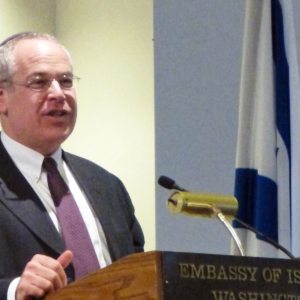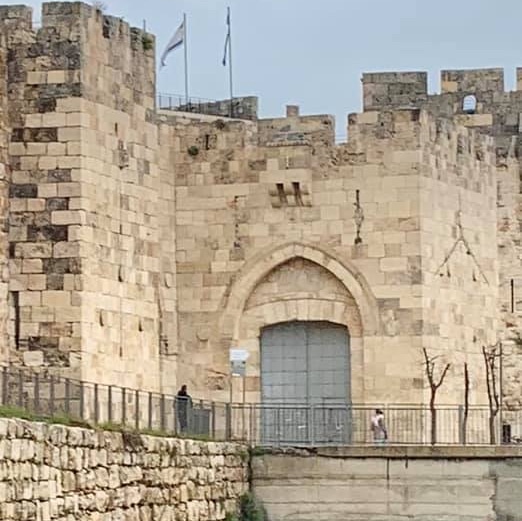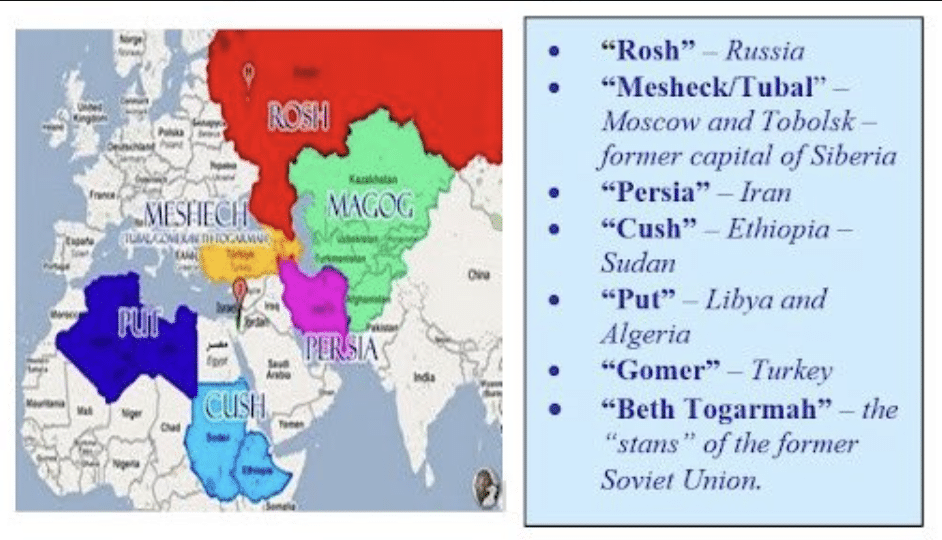 By Jonathan Feldstein
By Jonathan Feldstein
Special to The Jerusalem Channel
I do try to look at things through a biblical prism, and when I don’t understand something I try to search within. These days, I am full of lack of understanding. I’m grateful, that despite nearly 1000 people getting infected and one death in Israel as of this writing, and despite living in a community with a proportionally high rate of infection, my family is safe and healthy, albeit on top of one another.
We are blessed, and grateful for all we have. But there are challenges.
With tourism halted, Jerusalem is isolated. Lamentations come to mind: “How deserted lies the city, once so full of people! How like a widow is she, who once was great among the nations! She who was queen among the provinces has now become a slave.” No, we’re not mourning the destruction of Jerusalem. It will come back. But it’s scary and sad to see it so deserted. And there is suffering behind the closed doors. Unemployment has suddenly skyrocketed to 16% with a new 500,000 people out or work. Through my work with the Genesis 123 Foundation we are trying to come up with unique and innovative ways to be of greatest help. We have been asked specifically to help with those most at risk including orphans and at risk youth and elderly Holocaust survivors. We are garnering an international group of Prayer Warriors.
For the first time in anyone’s memory, the Jaffa Gate was sealed, and the Great Synagogue was closed. Only Old City residents are allowed to enter, reminiscent of the last siege of Jerusalem in 1948 when the Jewish community was isolated and in peril.
It’s not a war but it feels like it. Israel knows from wars. During wartime, there are daily reports of battles, rockets, terror attacks, and casualties. Sometimes hourly. Now, we wake up to new restrictions, and reports of casualties, not completely knowing whether it is new information, or old news.
Protecting us from the threats of our neighbors, our son the paratrooper expects to be in the army for at least a month without being able to come home; not for Shabbat and not for the Passover seder. In order to keep the soldiers safe, in order to be able to keep the country safe, and away from people who are infected, he said that the army is suggesting it might be as long as three months.
With Passover coming, some are worrying that the food supply, means to deliver it, or even just the permission to go shopping, will be interrupted. Extended families are now accepting the reality that they may not be together for the holiday. There’s been a particular focus on protecting the elderly, not having them exposed to others who might be infected and not knowing it yet. That’s meant not having grandparents visiting or babysitting. For a country that’s so family-centric, that’s not easy. I love that it’s a national priority that we have to keep grandma and grandpa safe and healthy. But then I realized that I fall into that category even though I don’t think of myself as old, and can’t imagine being separated from our grandson.
Prayer and introspection have been fervent, but interrupted. In Judaism, it’s preferred to pray together as a community, with a minyan (a quorum of at least 10). For now, in most of Israel, synagogues are closed. There are no prayer quorums. This undermines one of the very elements that makes Jews and Israel so close, albeit with lots of conflicts (just like an extended family). We live and pray together all the time. For that reason, virtual prayer events are being organized, and the Genesis 123 Foundation Prayer Warriors are so important.
On a positive note, all transportation, restaurants, stores, and more have been shut down entirely for the weekend. This includes Shabbat, the Day of Rest. It’s a social tension that not all of Israelis are religiously observant and commerce takes place on Shabbat in the Jewish state. To a degree, at least for the moment, all Israel is observing the Sabbath at least in public. Jewish tradition is that when all Jews observe Shabbat together, the Messiah will come. Maybe we’re getting closer.
According to the current rules, Israelis must remain at home, with exceptions made for buying food and medical supplies, getting medical care, aiding elderly or ill people, donating blood, attending court hearings, getting help from welfare services, attending the Knesset or a ritual bath. Lifecycle events such as weddings and funerals may have no more than 10 people. Demonstrations are allowed, mindful of social distancing, leading to some to ask if a protest prayer service is OK.
We are permitted exercise outdoors, with no more than two people, and go out for short walks near home. Only two people can drive in a car together, unless they are members of the same family. This impedes another pillar of society and transportation. “Tremping,” or hitchhiking, is still common in much of Israel. Now, not knowing who might be infected, cars stop for strangers much less often.
Despite most international travel stopped, and the risk of families being split up with some stuck overseas, two incredible things that are unique to Israel are still happening. First, Jews continue to make Aliyah, immigrating and starting their new lives at home, but in quarantine. Additionally, Israel sent multiple planes to central America to “rescue” stranded Israelis who were stuck because of the shutdown of commercial air travel.
Perhaps this sense of togetherness, of community, is part of the reason this past week it was also reported that Israel is and remains one of the happiest countries in the world.
Jonathan Feldstein was born and educated in the U.S. and immigrated to Israel in 2004. He is married and the father of six. Throughout his life and career, he has been blessed by the calling to fellowship with Christian supporters of Israel and shares experiences of living as an Orthodox Jew in Israel. He writes regular columns from Israel and can be reached at [email protected].







Leave A Comment